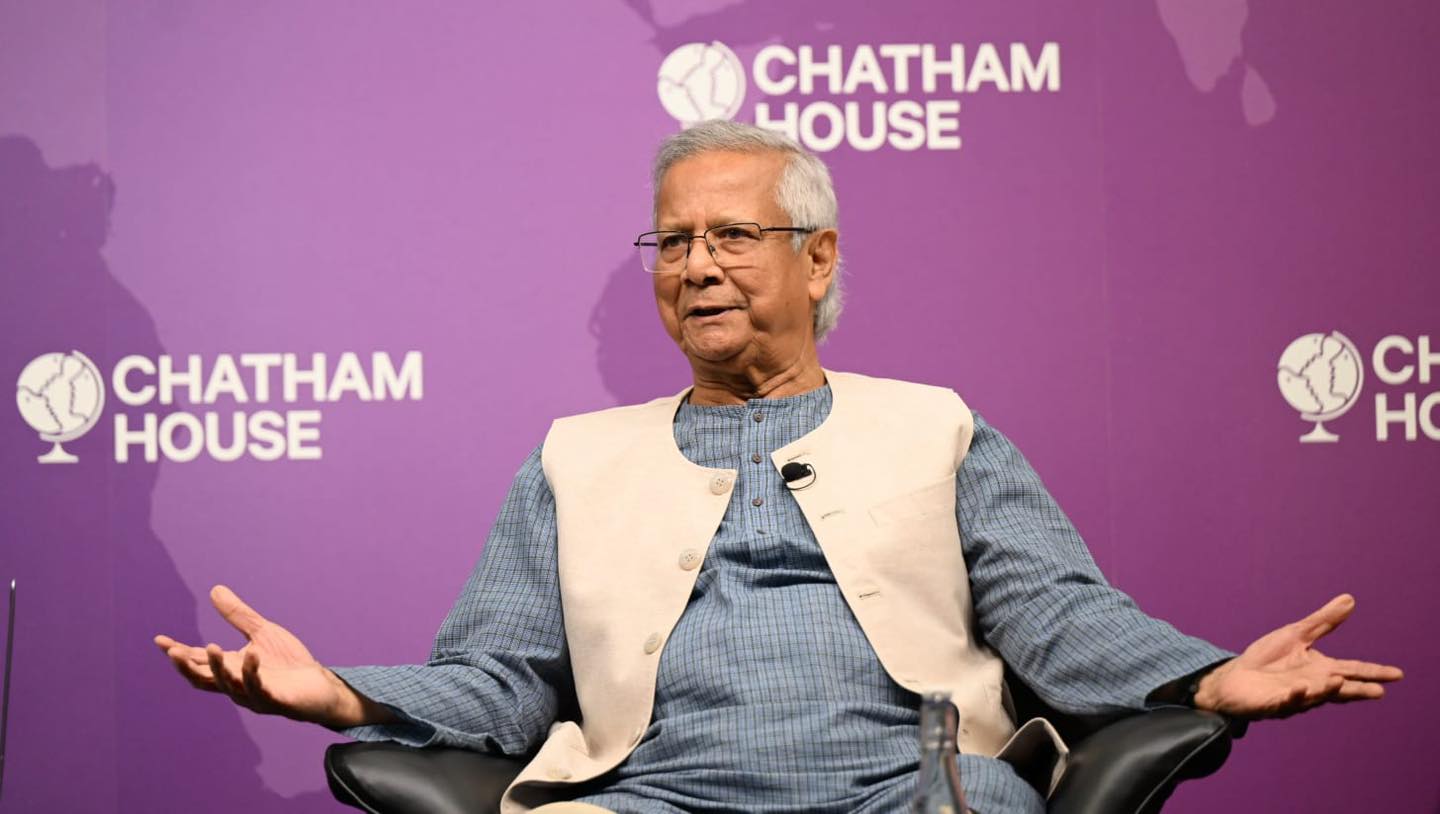On 9 July, Chief Adviser Muhammad Yunus, head of the interim government, instructed law enforcement agencies and relevant government bodies to complete preparations by December for the upcoming parliamentary elections. While polls are tentatively scheduled for early 2026, this directive has triggered debate among political observers and critics. Many see it as a strategic move aimed at navigating political turmoil, managing demands from rival power centres, and keeping Yunus’s reform agenda alive amid uncertainty.
Since taking office in August 2024, following the ousting of former prime minister Sheikh Hasina, Yunus has operated under immense pressure to steer Bangladesh towards a stable, democratic future. His interim government has faced conflicting demands: the Bangladesh Nationalist Party (BNP) and the military had been pushing for elections by December 2025, while Yunus’s own political allies—particularly the student-led National Citizen Party (NCP)—argue that elections must come only after significant institutional reform. This tug-of-war has fuelled speculation about Yunus’s motives, with some accusing him of delaying elections to consolidate control.
The directive to complete preparations by December 2025 serves multiple purposes. First, it responds to pressure from the BNP and other like-minded political forces to present a clear electoral roadmap. By setting a deadline for preparations rather than announcing a firm polling date, Yunus signals responsiveness without relinquishing flexibility. This allows him to appease opponents while keeping open the possibility of a later election, better aligned with his reform objectives.
A key turning point came in late June 2025, when Yunus reportedly reached an informal understanding with BNP acting chairperson Tarique Rahman. According to sources close to the negotiation, both parties tentatively agreed on holding elections in the first half of February 2026—later than the BNP’s original demand for December, but earlier than Yunus’s previously suggested window of early April in 2026. This compromise appears to underpin the current directive: election preparations must be complete by December, giving space for reforms to proceed while satisfying opposition demands for a concrete timeline.
Second, the focus on preparations reflects Yunus’s insistence on deep-rooted changes to the electoral process. He has repeatedly warned against repeating the flawed elections of the past, which were marred by violence, vote-rigging, and a lack of credibility. The push to train personnel, secure polling centres, and ensure inclusive voter outreach underscores Yunus’s argument that meaningful elections require more than just a date—they require trust in the system.
Third, the directive allows Yunus to manoeuvre between competing institutional interests. Yunus’s approach suggests a delicate balancing act: he appears to offer concessions to political actors while retaining control over the transition timeline. In this way, the December deadline may serve as a tactical delay, granting time to neutralise opposition and complete reforms without openly defying military expectations.
Fourth, Yunus is seeking to manage public expectations and control the political narrative. Protests by teachers, civil servants, and opposition supporters have grown louder in recent months. The announcement of a December deadline, paired with promises of a “free, fair, and memorable” election experience, seeks to ease tensions and restore credibility. His administration has also launched an social media campaign to counter misinformation, portraying the interim government as transparent and reform-oriented in the face of both domestic and foreign criticism.
Political analysts are divided. Some view the directive as a pragmatic step towards a stable transition, acknowledging Yunus’s challenging position between entrenched interests. Others see it as a stalling tactic designed to buy time for a government that has yet to deliver concrete reforms. Critics within the BNP accuse Yunus of serving the interests of the NCP and using the guise of reform to delay the inevitable. Legacy media have echoed these tensions, framing the directive as both a step towards electoral clarity and a signal of unresolved conflict within the interim setup.
Online commentary further reflects this polarisation. Supporters see Yunus as a reformer under siege, using the December directive as a tool to protect democratic integrity. Detractors argue that the move is cosmetic, designed to deflect criticism without committing to real change. Some voices have gone further, alleging conspiracies involving foreign influence, military power plays, or partisan manipulation by interim officials.
Ultimately, the directive to complete election preparations by December reflects the fragility of Bangladesh’s political transition. It is a strategic attempt to hold the political centre together, address immediate pressures, and preserve room for reform.
Whether this strategy succeeds will depend on Yunus’s ability to build consensus among rivals and translate promises of electoral reform into tangible outcomes. Until then, the December 2025 milestone—and the tentative February 2026 election timeline—will remain a test not only of the interim government’s intentions, but also of its capacity to steer Bangladesh towards a credible and lasting democratic process.


